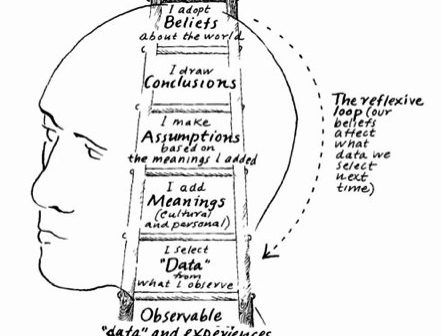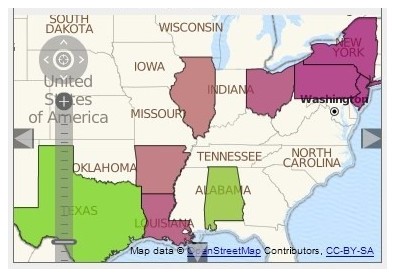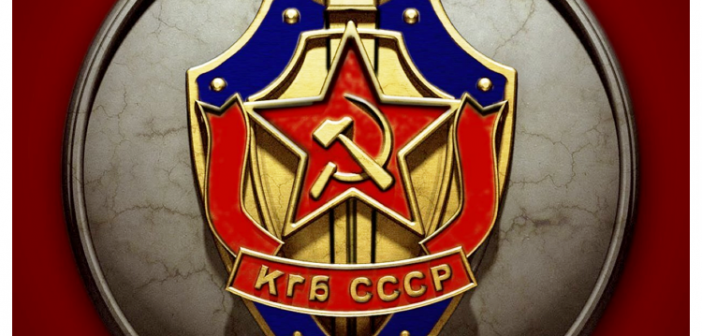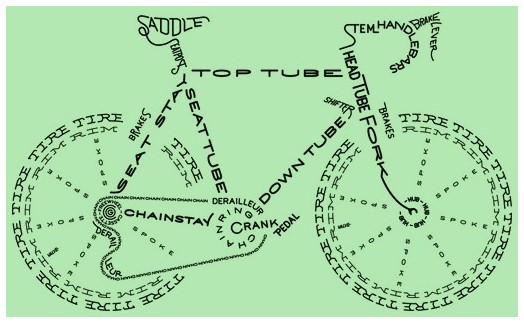
Like most boys my age at that time, I wanted to be an astronaut. Fate, however, intervened, in the form of nearsightedness, so I had to find an alternative occupation. Coming to my rescue for the launch of Apollo 11 was my father, who presented me with a huge booklet that broke










